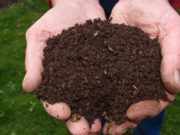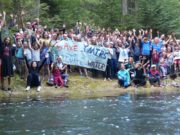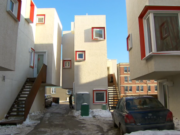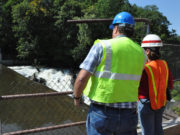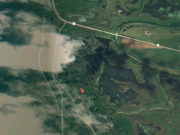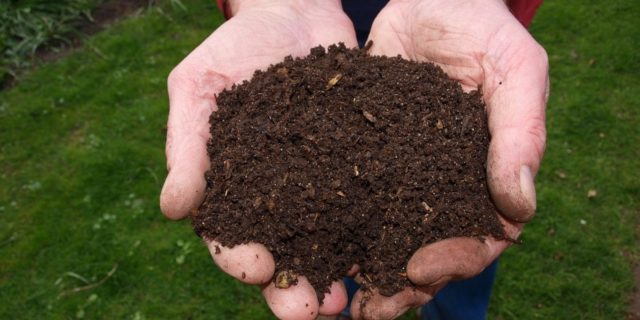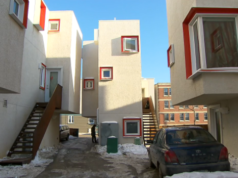The City of Nelson recently agreed to join the RDCK’s proposed composting plan which will join Trail- Castlegar-Nelson corridor communities. The plan will be in effect and operational by 2022 in accordance with requirements of the Organics Infrastructure Program (OIP) grant. The Canadian government developed the grant to create ‘Low Carbon Economy Funding’ in BC. More specifically, it aims to divert municipal organics and agricultural waste from landfills.
This motion adds Nelson to the growing list of BC municipalities that have already added composting to their existing waste systems, including: Whistler, Vancouver, Powell River, Comox, Victoria, Oliver, Gibsons, and Qualicum Beach.
The versatility in composting will help the City of Nelson meet several of its important goals for the coming years:
1. Reducing Greenhouse Gas emissions:
· Compostables do not biodegrade effectively in landfills. To degrade properly, food waste needs oxygen, careful application of raw material ratios, and proper turning. While this process produces carbon dioxide (CO2), a known greenhouse gas, it is much safer than the alternative, methane (CH4), which has a Global Warming Potential (GWP) 25 times greater than CO2. According to the Recycling Resources System (RRS), up to half of the gas produced in landfills is CH4 due to the absence of oxygen and the presence of organic waste.
2. Land remediation:
· Properly composted food waste creates productive and healthy soil, which can be used on lands in need of remediation. A timely example is the proposed logging in sensitive wetlands like those bordering Cottonwood Lake. Applying a ready supply of good compost will help reverse the resulting contamination and habitat destruction.
· Applying compost to soil encourages rapid plant growth and increases crop yield by providing nutrients and improving soil texture and structure. It reduces the need for synthetic fertilizers, which end up in runoff, causing water pollution.
· Compost helps sequester carbon and reduces water loss in soil.
3. Economic growth:
· Compost can be sold to generate income for the city.
· Compost processing can create new jobs.
4. Increased productivity of Kootenay resources:
· When community members go grocery shopping, the price they pay includes not only the final product, but also the inputs used when that food is grown. The price of a tomato incudes tractor fuel, water, fertilizer, soil degradation, transport costs, etc. When we throw a half-eaten moldy tomato into a landfill, we are throwing away all those inputs as well. Over the course of years, we’re wasting hundreds of dollars in lost resources. If that left-over tomato had been composted, we’d be returning some of the inputs to the soil to grow the next tomato.
Details will be reviewed for program opt-out by households choosing to pursue alternate composting strategies, which might include personal outdoor composting or indoor vermicomposting.



